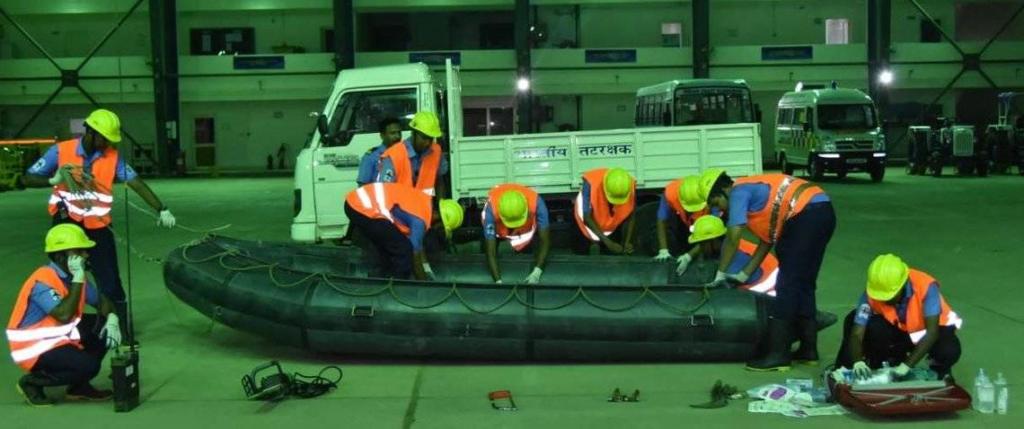United Nations has praised India for its successful execution of the preparedness policy in light of Cyclone Fani. “They seem to have done a very good job in terms of minimizing the possibility for loss of life,” Denis McClean, a spokesperson for the ODRR said at a UN news briefing in Geneva on Friday.
The “zero casualty” policy of the government of India for cyclones and the pinpoint accuracy of the Indian Meteorological Department’s (IMD) early warning system have helped reduce the possibility of deaths from cyclone Fani, according to the UN Office for Disaster Risk Reduction (ODRR).
Cyclone Fani, which was categorised as Extremely Severe Cyclonic Storm Fani according to IMD scale is equivalent to category 4 on Saffir–Simpson hurricane wind scale (SSHWS). Fani originated from a tropical depression that formed west of Sumatra in the Indian Ocean on 26 April and went on intensifying till it made landfall on the coast of Odisha on 3rd of May. According to IMD, speeds reached between 175 and 185 kilometers per hour (109 and 115 miles per hour) as Fani moved ahead into mainland India.
Around 1 million people were evacuated from low-lying areas to cyclone shelters, schools and other buildings, part of the preparedness. The National Disaster Response Force (NDRF) had sent 54 relief teams to flood-prone areas along the coast and stocked up food, water and medicine. Meanwhile, the Indian navy, air force, army and coast guard were on standby for relief operations. Two major ports — Paradip and Visakhapatnam — were also closed and ships ordered out to sea to avoid damage. Ahead of landfall Indian Railways was also running, three special trains were running to remove pilgrims and tourists from Puri. All these efforts were coupled with periodic advisories for citizens
ESCS ‘FANI’ is about 275 km south-southwest of Puri .To move north-northeastwards and cross Odisha Coast between Gopalpur and Chandbali, south of Puri on 3rd May F/N with maximum sustained wind speed of 170-180 kmph . Landfall process will continue till noon/afternoon of 3rd May. pic.twitter.com/oHGJTvUHCr
— India Meteorological Department (@Indiametdept) May 2, 2019
Advisory distributed by @ndmaindia and local authorities days before #CycloneFaniUpdates made landfall in effort to minimize loss if life and injury #GP2019Geneva #ResilienceForAll #CycloneFani pic.twitter.com/5q2w2QBNkS
— UNDRR (@UNDRR) May 3, 2019
“The almost pinpoint accuracy of the warnings, the early warnings from the IMD, allows them to conduct a very well targeted evacuation plan which resulted in 1.1 million people mainly moving to about 900 cyclone shelters.” Denis McClean added.
Mami Mizutori UN Special Representative of the Secretary-General for Disaster Risk Reduction, had also tweeted about the success of India’s preparedness and implementation of best practices. “India’s zero casualty approach to managing extreme weather events is a major contribution to the implementation of the Sendai Framework and the reduction of loss of life from such events. I look forward to hearing more about Cyclone Fani at the GP2019Geneva May 13-17.”
India's zero casualty approach to managing extreme weather events is a major contribution to the implementation of the #SendaiFramework and the reduction of loss of life from such events. I look forward to hearing more about #CycloneFani at the #GP2019Geneva May 13-17. https://t.co/AqwCwNRjxE
— Kamal Kishore (incoming) (@HeadUNDRR) May 3, 2019
Clare Nullis, a spokesperson for the World Meteorological Organisation (WMO), said that as a result of the lessons learned from the super cyclonic storm BOB06 that caused more than 10,000 deaths, intensive precautions are being taken to protect the people. She also mentioned how as a result, Phailin’s fatalities were far less than in 1999.The 1999 cyclone saw around 10000 deaths.
